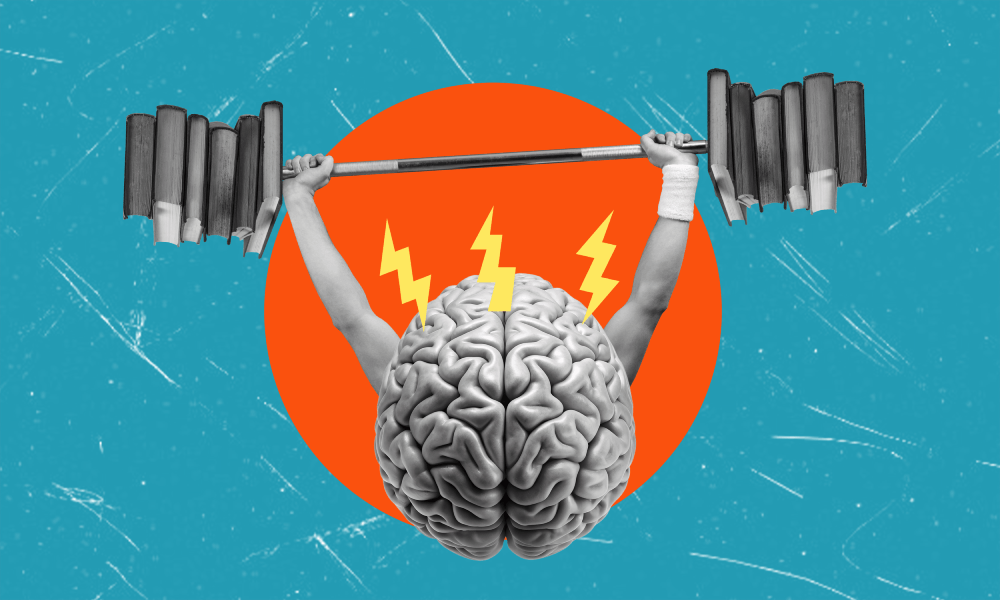|
|
Daily Rituals That Train the Brain to Stay on Task
Staying focused has become more difficult than ever. Between phone notifications, busy schedules, and mental fatigue, even the most motivated people can struggle to stay on task. But just like muscles, the brain can be trained, and daily rituals can help. Rituals are not the same as routines. They’re intentional, consistent actions that signal the brain it’s time to shift gears. When done regularly, these small habits can improve concentration, reduce mental clutter, and make it easier to follow through on tasks. Start the Morning With a Mental Warm-UpJust like you stretch before exercising, the brain benefits from a gentle warm-up in the morning. This doesn’t have to be complex. A short journaling session, five minutes of quiet breathing, or simply reviewing your top three goals for the day can help center your mind. These activities prepare your brain to focus before distractions have a chance to creep in. When mornings begin with intention, the rest of the day tends to follow suit. Create a Consistent “Work Start” CueWhether you’re a student, a professional, or a parent juggling both, having a ritual that signals the beginning of focused time can be powerful. For example, sitting down with a glass of water, clearing your workspace, or playing a specific type of music before starting can help train the brain to shift into a task-ready state. Over time, the brain begins to associate these cues with focus. It becomes easier to get started and harder to be pulled away. Use Time Blocks to Train Attention SpanLong, unstructured stretches of work can lead to burnout. Instead, try dividing your day into short, focused blocks, 20 to 40 minutes, followed by short breaks. This method teaches the brain how to work hard in short bursts and recharge in between. During these blocks, keep distractions away. Turn off unnecessary notifications and set your phone in another room if possible. Over time, these focused blocks can help build mental endurance. For kids and teens who need extra support with attention and self-regulation, the Brain Balance achievement center page offers resources and structured programs designed to strengthen these skills through personalized, non-medical approaches. Introduce Movement Between TasksPhysical movement isn’t just good for the body; it resets the brain. A short walk, gentle stretching, or even standing up and breathing deeply for a minute between tasks can help refocus your mind. These small actions act as natural transition points. They prevent mental fatigue from building up and help refresh your attention before the next task begins. Anchor the Day With a Shutdown RoutineJust as mornings benefit from structure, so do evenings. A shutdown ritual, whether that’s writing tomorrow’s to-do list, tidying up your space, or reflecting on what you completed, signals to the brain that it can stop working. When the mind knows there’s a clear end to the day, it becomes easier to focus during work hours. It also reduces the likelihood of lying awake thinking about everything left undone. Daily rituals may seem small, but their impact adds up. They provide structure in a world that often feels scattered. And over time, they train the brain to recognize when it’s time to focus, when to rest, and how to move between the two without losing momentum. |
|
||||||||||||
|
||||||